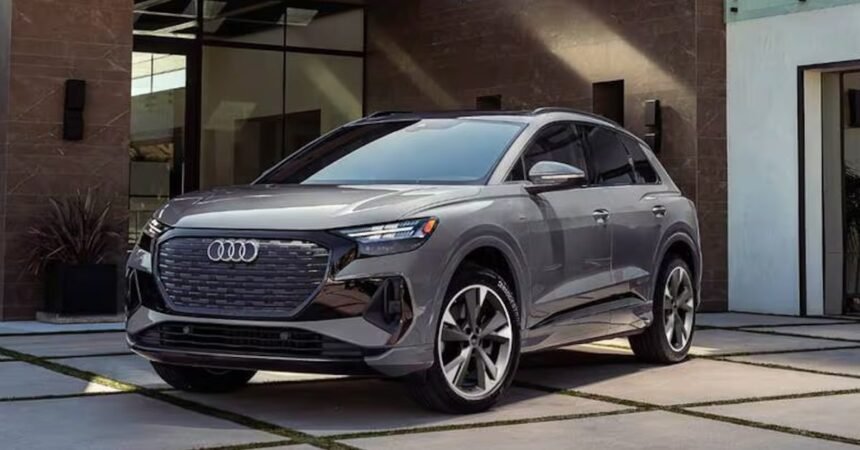The International Council on Clean Transportation (ICCT) recently released new research showing that battery electric cars in Europe are now producing 73% less life-cycle greenhouse gas emissions than gas cars. This is a significant improvement from just a few years ago when the gap was at 59%. The study highlights the rapid progress that electric vehicles (EVs) have made in reducing emissions, especially when compared to hybrids and plug-in hybrids.
The research confirms what clean transportation advocates have been advocating for years – that Europe needs to prioritize the adoption of battery EVs if it wants to significantly reduce emissions from the transportation sector. Gas-powered cars, which currently account for nearly 75% of the sector’s pollution, are not expected to make the same strides in emissions reductions due to their reliance on fossil fuels.
One of the key factors driving the cleaner performance of battery EVs is the shift towards renewable energy sources in Europe. By 2025, renewables are projected to generate 56% of the continent’s electricity, with that number expected to rise to 86% by 2045. This transition to cleaner energy sources will only enhance the environmental benefits of EVs over time.
In contrast, hybrids and plug-in hybrids have not shown the same level of progress in reducing emissions. The study found that hybrids only cut lifetime emissions by 20%, while plug-in hybrids achieve a 30% reduction compared to gas cars. These vehicles still rely on gasoline for a significant portion of their operation, limiting their environmental impact compared to fully electric vehicles.
The study also addresses common misconceptions about the environmental impact of EVs, such as the emissions generated during the manufacturing process. While EVs do have a higher initial emissions load due to battery production, they quickly offset this through cleaner operation. In fact, the extra emissions are usually recouped within the first year or two of driving.
Overall, the ICCT’s research provides valuable insights into the environmental benefits of EVs and highlights the need for continued investment in clean transportation technologies. As Europe continues to transition towards renewable energy sources, the adoption of battery EVs will play a crucial role in reducing emissions and combating climate change.







